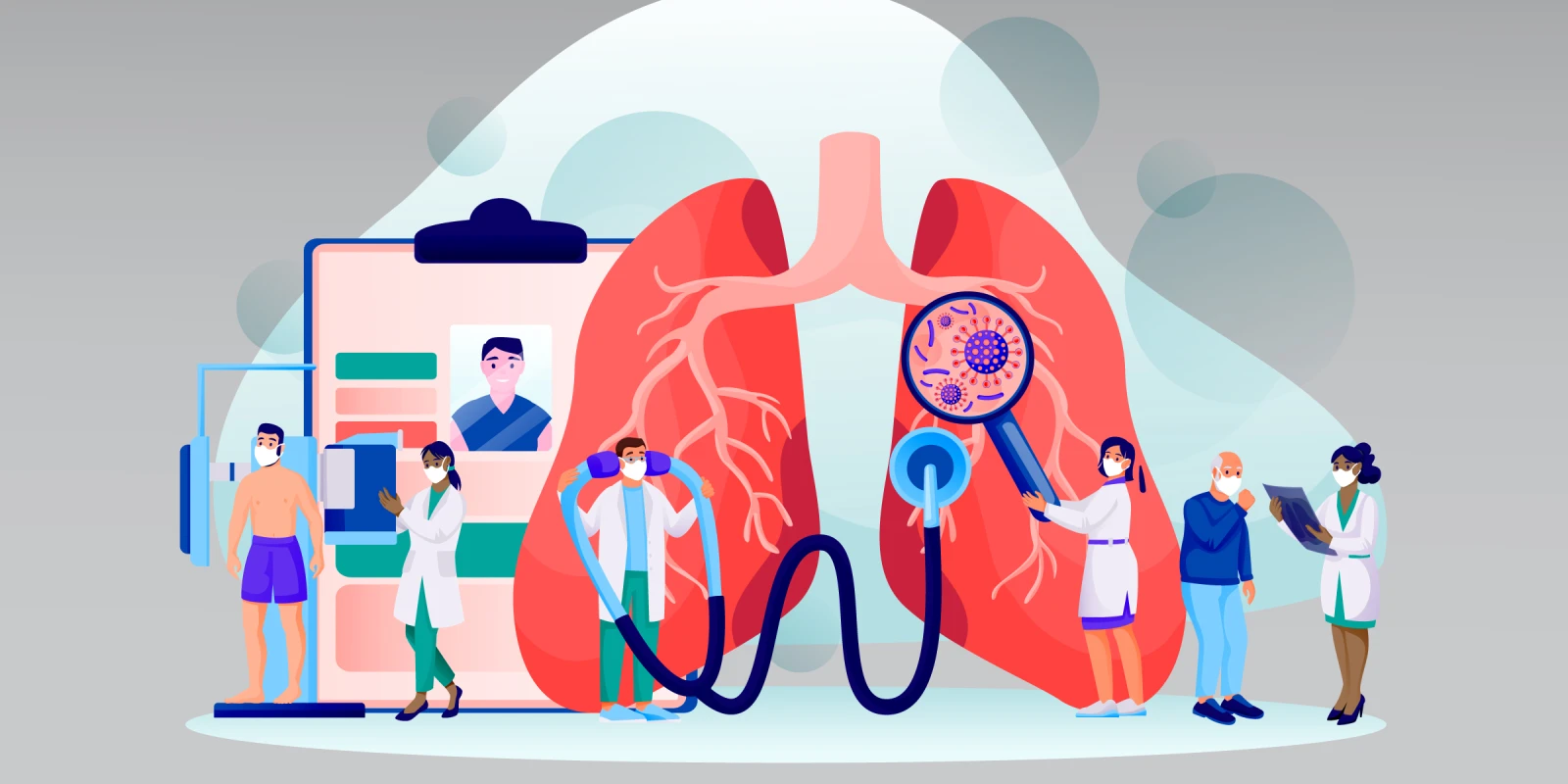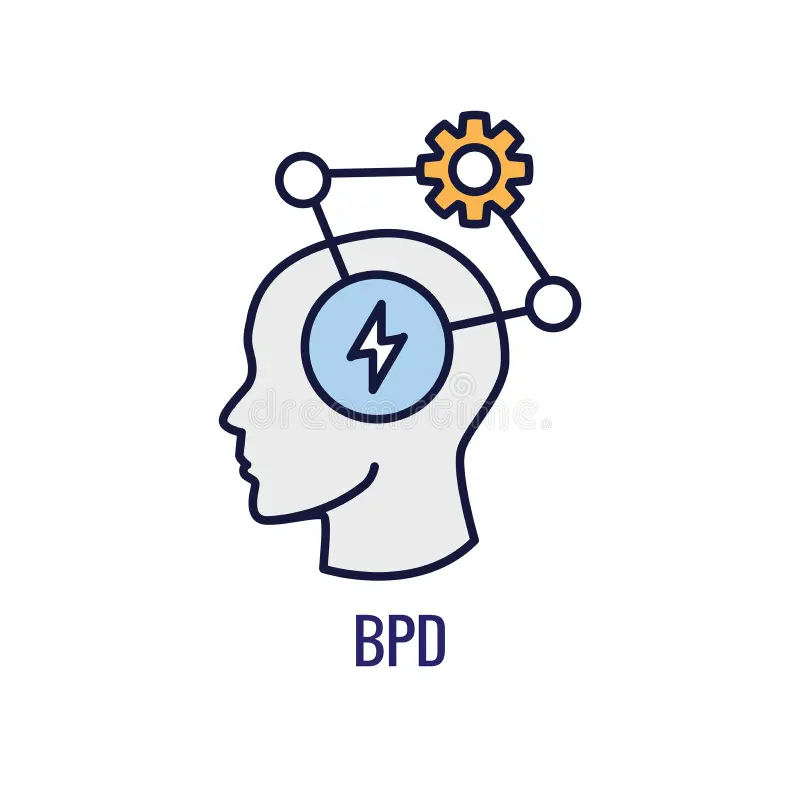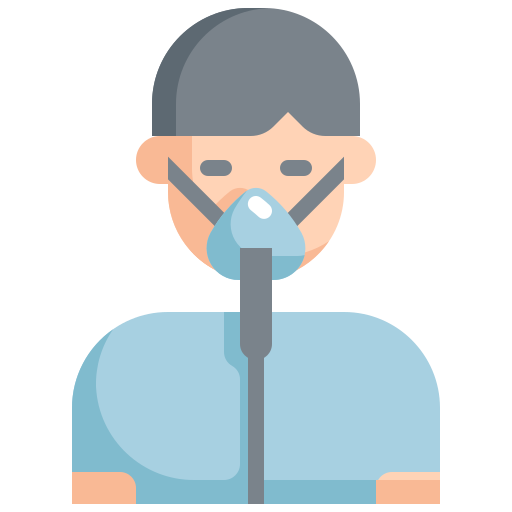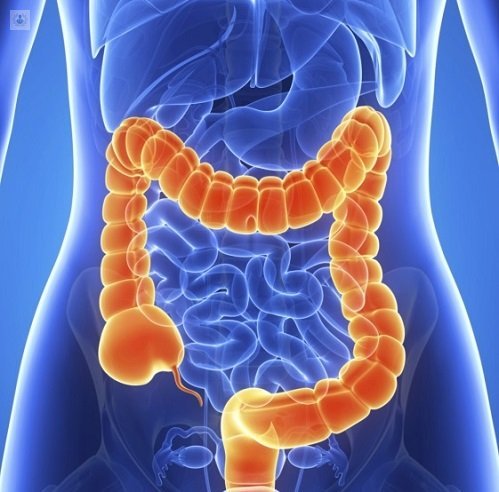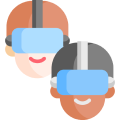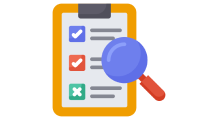- Develop advanced skills in lung auscultation, distinguishing between normal and abnormal breath sounds, and recognizing their clinical significance.
- Practice dynamic airway management scenarios, including assessment of airway patency, identifying obstructions, and responding to emergent situations.
- Learn to effectively use diagnostic tools such as spirometry, peak flow meters, and pulse oximeters for comprehensive respiratory assessments.
- Enhance skills in formulating differential diagnoses based on respiratory assessments, considering a wide range of pulmonary conditions.
- Explore the use of telehealth technologies in respiratory assessments, leveraging virtual platforms for remote monitoring and consultations.
- Emphasize the importance of continuous quality improvement in respiratory assessments, staying updated on emerging research and best practices.
- Practice responding to emergency situations related to respiratory distress, emphasizing quick and effective decision-making in critical scenarios.
imaginX is used by many amazing schools and universities
University / College

